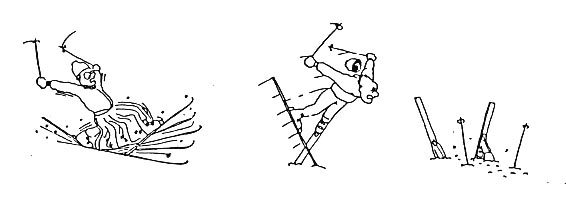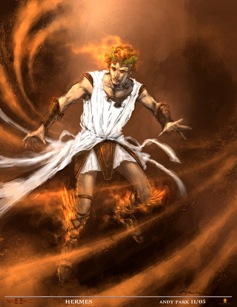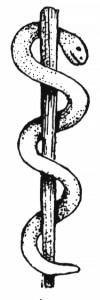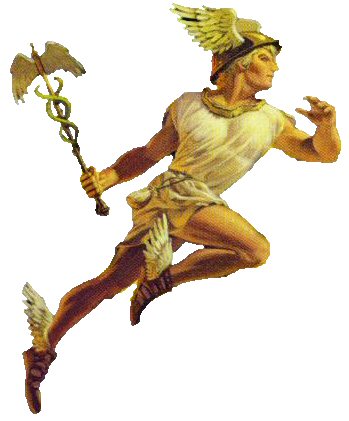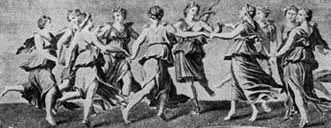I thoroughly enjoyed Plato’s Symposium: the bullshit sessions of all bullshit sessions – in the world. And it’s mythology, and it completely relates to modern scenarios.
“Let thy song be love, this love will undo us all! O cupid, cupid!” (Helen in Shakespeare’s Troilus and Cessida).
It’s rather ironic that these men are having a bullshit session about love. Hmm, they must really be in touch with their feminine side. But their bullshit session is superb. I was underlining and citing things so often that it’s crazy difficult to decide on anything to write about.
For starters, I was entranced by the frames, the speakers speaking for other speakers, in the Symposium. Apollodorus has an amazing memory. How he can recite the entire Symposium to his companion, which he knows only be being told about the bullshit session from Aristodemus, is unbelievable. In fact it is helpful to think of Socrates as a man of frames himself.
We mentioned Aristophanes circular man in class. As absurd as it sounds I actually found this incredibly interesting. I even tried to draw the globular man, but alas, I am not visual artist, more of a literate artist, I hope. But the four armed, four legged and two-headed man is more believable to me than any other religion, so far. When Zeus splits the man in two it completely makes sense that the two would desire to be whole again, an attraction to fulfill a missing part or half. “Each of us, when separated is but an indenture of a man, having one side only like a flat fish, and he is always looking for his other half”(17).
All the men had great speeches, and when taken in total every tangent of love seems to be mentioned, even acted. We talked about the octuplets a few Wednesdays ago and wondered if they could be connected with the Symposium. I think in fact they can. There were roughly eight men involved in the Symposium, so maybe we have our next set of old men on the way: eight brothers who will reunite, wearing codpieces and white hair, and discuss their lovescapades.
I couldn’t help but notice some similarities between Socrates and Alcibiades. One is the drunk the other is the D.D. – or so he seems. Everyone must have that friend that always drives, no matter what how much you think they’ve drank, they still maintain that they are “sober” enough to drive. Socrates is that D.D. He drinks with the rest of the gang, but always seems sober enough to drive home – or stay up all night and leave nonchalantly in the morning, much like the maniac in A Tree, A Rock, A Cloud: the maniacs know they’re right.
Even Alcibiades’s drunken chatter sounds strikingly similar to Socrates, who supposedly is sober. Alcibiades mentions this in his speech too; “For, although I forgot to mention this before, his (Socrates) words are ridiculous when you first hear them; he clothes himself in language that is as the skin of the wanton satyr – for his speech is of pack-asses, smiths, cobblers, and curriers and he is always repeating the same things in the same words, so that an ignorant man who did not know him might feel disposed to laugh at him ; but he who pierces the mask and sees what is within will find that they are the only words which have a meaning in them, and also the most divine, abounding in fair examples of virtue, and of the largest discourse, or rather extending to th whole duty of a good and honorable man” (42). As I am reading an abundance of Shakespeare, I have noticed a similar trend in his work: the fool or maniac has the most entertaining and subtly insightful lines.
If you’re still reading than you’ve made it through my rather rampant rambling, and will also know that I probably won’t be in class tomorrow. There are some snow cycles that are too good to miss.


